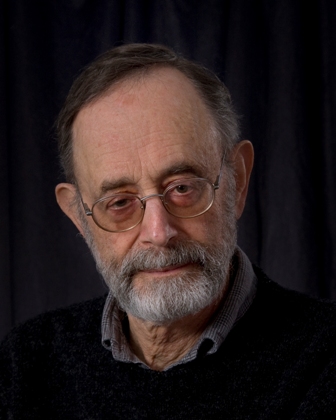|
|
|
PHILOSOPHY Forthcoming & Recent Publications* MUSIC "What Titles Don't Tell" RETROSPECTIVE EXHIBIT
|
*Pronunciation: In English: BUR-lee-ant Orientation: Sense perception lies at the etymological core of aesthetics (Gr. aisthesis, perception by the senses), and is central to aesthetic theory, aesthetic experience, and their applications. Berleant finds in the aesthetic a source, a sign, and a standard of human value. It is basic in the two areas in which he has mainly worked: philosophy, especially the philosophy of the arts and environmental aesthetics, and music. Berleant's philosophical ideas develop out of a radical interpretation of experience influenced by the non-foundational naturalism of pragmatism and the undivided directness of existential phenomenology. In art and environment this leads to an emphasis on the engagement and continuity of active appreciation. In ethics it recognizes the provisionality and contextual character of value. In metaphysics it accepts the multiple realities and fluidity that come from the rejection of hierarchy. In social philosophy it stresses the formative power of cultural forces and the interpenetration and connectedness of community. |
